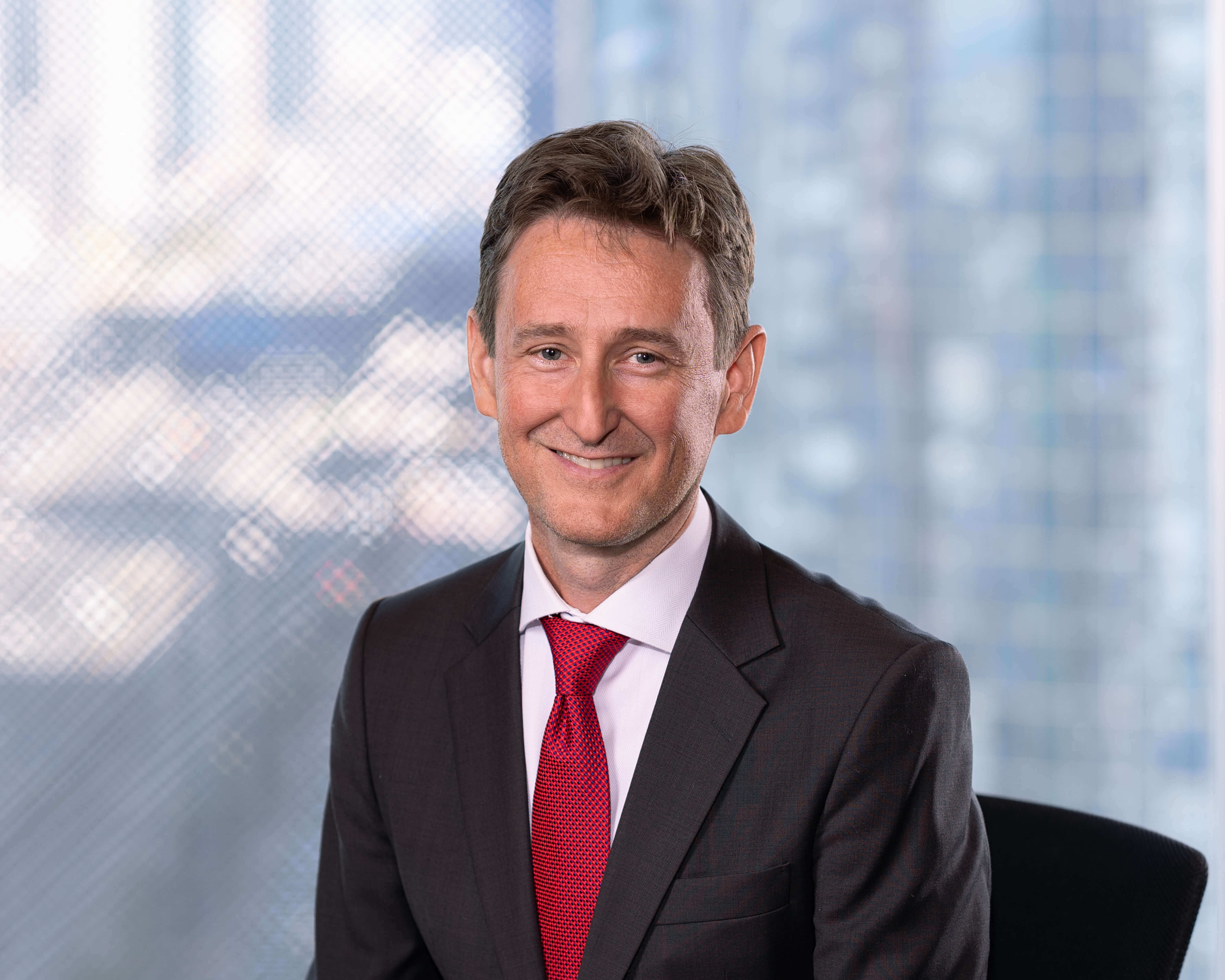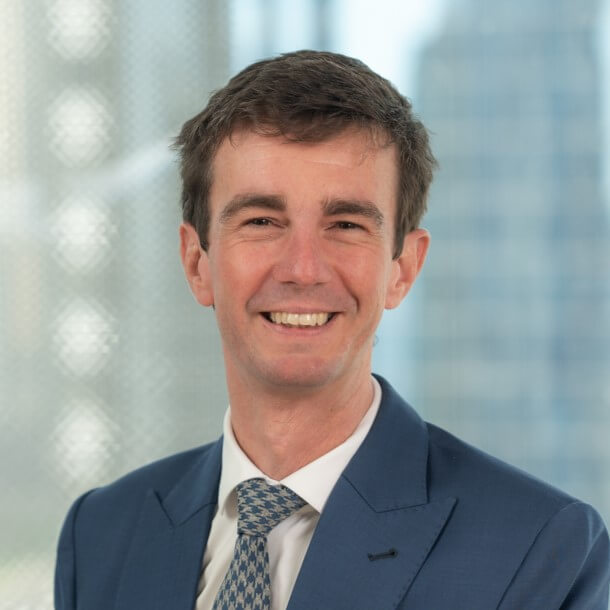Dubai’s New Contracting Law: Changes are Coming
-
Legal Development 29 July 2025 29 July 2025
-
Middle East
-
Regulatory movement
-
Projects & Construction
On 8 July 2025, the government of Dubai issued Law No. 7 of 2025 Regulating Contracting Activities in the Emirate of Dubai (the New Law). Although mainly replacing and consolidating the current regulations governing engineering consultancy and construction works in Dubai, the New Law also signposts some future reforms. The New Law impacts companies which carry on engineering, architectural, building, construction or demolition activities, as well as activities associated with roads, bridges, tunnels, railways, irrigation, drainage and sewage, electricity grids, water supply and cooling networks/infrastructure.
The New Law marks an important evolution in Dubai’s regulatory landscape for contracting. While much of the detail, including in respect of practical application is yet to be confirmed, the New Law includes some notable developments. Amongst others:
- a new committee within Dubai Municipality has been established to oversee contracting activities in Dubai;
- a unified, digital, and transparent framework is to be introduced for the regulation of contracting activities; and
- the New Law paves the way for new requirements regarding sub-contracting, consortia bids and EPC contracting.
We set out below a comparative analysis across a number of regulatory themes, comparing the New Law with the existing legislative framework: Dubai Local Order No. 89 of 1994 Concerning the Practice of Engineering Consultancy in the Emirate of Dubai (Order No. 89/1994) and Dubai Local Order No. 3 of 1999 Regulating Construction Works in the Emirate of Dubai (Order No. 3/1999).
The New Law does not replace any previous law entirely. Regulations and decisions governing contracting activities issued by the Dubai Municipality and other relevant Dubai authorities prior to the enforcement of the New Law will remain in force pending the issuance of substituting regulations and decisions, to the extent they do not conflict with the provisions of the New Law. We do not yet know when any further regulations and decisions will be issued, but until that time, Order No. 89/1994 and Order No. 3/1999 will apply where there is no conflict with the New Law.
The New Law is scheduled to enter into force on 8 January 2026.
Classification Regime
Under Order No. 89/1994, engineering offices were classified into three categories based on experience and specialisation. Order No. 3/1999 regulated construction permits and technical standards.
The New Law introduces a centralised digital registry and a classification system managed by the Dubai Municipality via the “Invest in Dubai” platform. Contractors are initially placed in the lowest category and may be upgraded based on verified financial, technical and administrative capabilities. Reclassification is subject to performance and compliance, overseen by the newly formed Contracting Activities Regulation and Development Committee.
Ethics Code
Order No. 89/1994 emphasised professional conduct, prohibiting unfair competition, unauthorised advertising and commission-based arrangements.
The New Law mandates the creation of a formal Code of Conduct and Ethics, approved by the newly formed Committee for the Regulation and Development of Contracting Activities. Models for a Code might include the Responsible Contractor Policies that are a common feature of procurement in jurisdictions beyond the Gulf. Contractors must comply with any newly adopted code, which is enforceable and subject to penalties for violations.
Document Retention
Engineering offices were required to retain project documents for ten years under Order No. 89/1994. Under the New Law, contractors must also retain original copies of contracting agreements, plans, and records for at least ten years from project completion or contract expiry. These must be made available to the Dubai Municipality upon request.
Although the statutory prescription period for commercial and non-government claims has been reduced from ten years to five years in the United Arab Emirates with effect from 2 January 2023, contractors and engineering consultants continue to be liable for ten years from handover for major defects and potentially even longer for claims on government projects. A document retention policy, thus, needs to account for a variety of time limits and regulatory obligations including that contained in the New Law.
Health & Safety
Order No. 3/1999 imposed safety obligations on contractors and engineers, including site safety, liability for adjacent property damage, and compliance with technical standards.
The New Law reinforces these obligations, requiring contractors to comply with public health, safety, and occupational safety legislation. It also empowers law enforcement officers to inspect sites and enforce compliance. The Code of Construction Safety Practice, the latest version of which took effect on 1 January 2024, remains the main source of a contractor’s health and safety obligations, though a new edition is expected later this year.
Sub-contracting
Subcontracting was permitted under Order No. 3/1999, provided it did not conflict with the main contract and was appropriately licenced.
The New Law allows subcontracting only with prior approval from the Dubai Municipality. As an approval process for each subcontract at the first tier and thereon down the entire supply chain would be impracticable, a block approval process or similar is presumably envisaged, though no details have been provided as to how any such approval process will operate. Subcontractors must be appropriately licenced and registered with Dubai Municipality. The main contractor remains responsible for oversight.
Consortium
Order No. 89/1994 allowed joint engineering offices but did not regulate contractor consortiums.
The New Law permits the formation of consortium for complex projects, subject to certain approvals, including from Dubai Municipality. All members must be registered and appropriately classified, and one must act as the consortium’s representative. As with the sub-contracting provisions in the New Law, how this will be applied and enforced in practice by the Dubai Municipality is not yet clear.
Turnkey or EPC projects
Turnkey or EPC (engineering, procurement and construction) contracts were not explicitly referenced in Order No. 89/1994 or Order No. 3/1999.
The New Law formally recognises turnkey contracts and permits contractors to undertake design, supervision, and execution works, subject to a framework to be provided for by Dubai Municipality. It is not yet clear how Dubai Municipality will apply these principles in practice or how contractors could be licensed to perform them with the Dubai Department of Economy and Tourism. Nevertheless, the possibility that design and construction activities could in the future be combined on a single commercial licence is a noteworthy development, which will require coordination and alignment with the Dubai Department of Economy and Tourism (amongst other government departments).
Airports
No specific exclusions were made in Order No. 89/1994 or Order No. 3/1999 for airport-related works.
Airport-related contracting activities are explicitly excluded from the scope of the New Law, without indicating how this excluded category will be regulated instead.
Penalties
The penalty under Order No. 89/1994 for not complying with the provisions of the order was a fine of up to AED 50,000. Order No. 3/1999 added additional penalties, such as suspending the issuance of new construction work permits, disconnection of utility services from the site on which a violation was committed, and professional and commercial licence cancellation.
The New Law introduces graduated penalties: fines from AED 1,000 to AED 100,000 (up to AED 200,000 for repeat violations), suspension, reclassification, deregistration and cancellation of professional certificates. Law enforcement officers are empowered to inspect and enforce compliance.
If you have any question on any of the points raised within this article, please contact; Alexa Hall, Benjamin Smith or Michael Grose.
End


